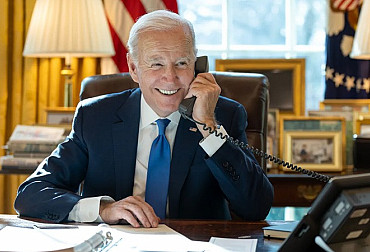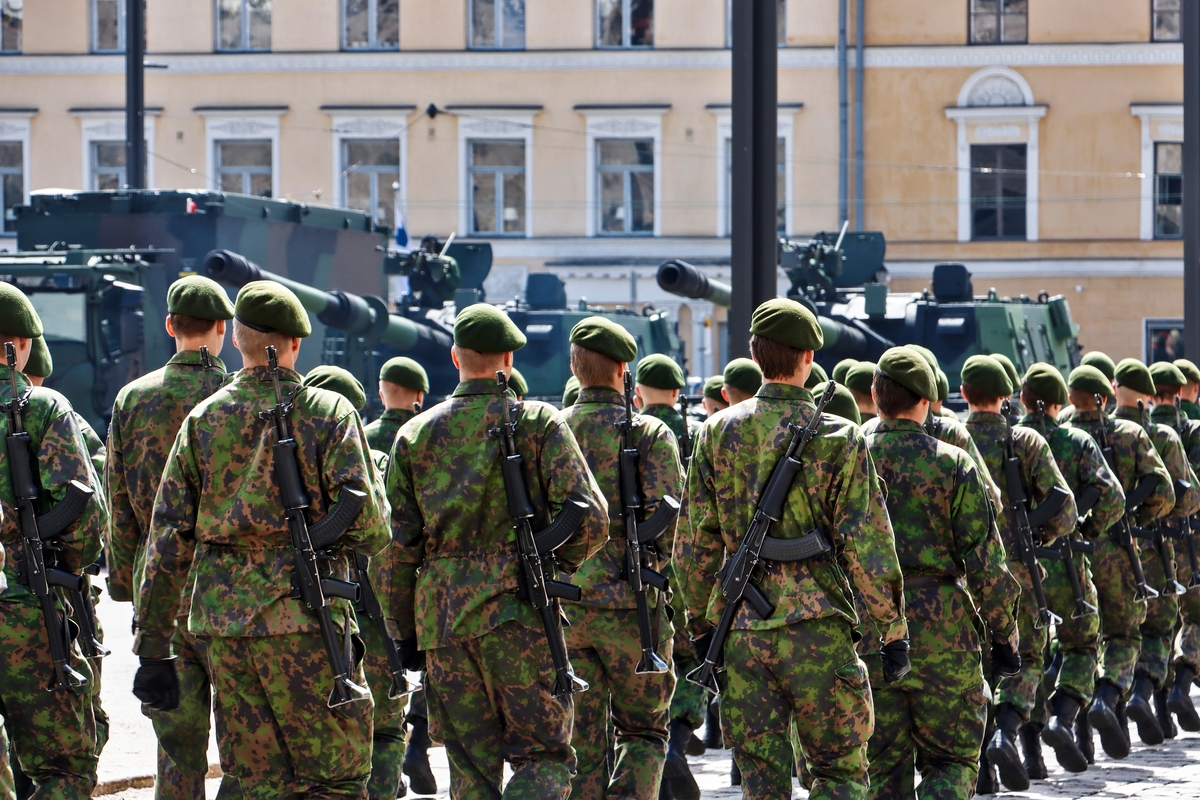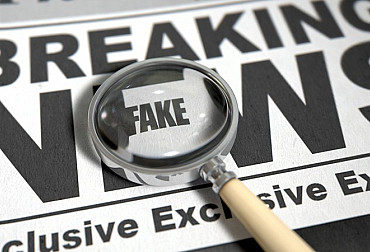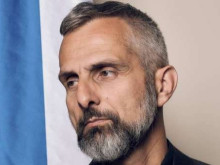Opinion: Do we need a European army?
Membership of NATO is undoubtedly the highest possible security guarantee that any state in history could draw on. For, if properly coordinated, it is an alliance that, in military, economic and human capacity, outstrips all its opponents combined. However, in the last decade there has been repeated questioning of the commitment to collective defence, the main virtue and the main reason for NATO's existence. This is particularly evident in the rhetoric of the US ex-president and real contender for the White House, Donald Trump, who has repeatedly questioned the principle of collective security. Let us recall that in one of his remarks, he said that he would encourage Russia to do whatever it wanted with any NATO member country that did not pay enough.
Questions for Europe
The logic of the matter raises a very fundamental question for Europe, the wording of which is quite simple: what if, in such an unstable world, Donald Trump (or whoever) translates this promise from the rhetorical level into reality, in one of the crises of which Europe is not exactly in need? And why wouldn't a politician representing the imaginary showcase of the art of the Kremlin's subversion of Western institutions actually do so?
If anyone wants to question the seriousness of his statements, it is enough to remember an analogous situation from his previous mandate. In his role as US president, Trump, in a press conference after a meeting with Putin, (perhaps surprisingly to some) endorsed Vladimir Putin's claims instead of those of US intelligence agencies. His presidency has also been characterised by much weaker support for Ukraine, which (although for some reason it is hardly said) was attacked by Russia as early as 2014. Despite this very weak US support, Ukraine did not succumb to Russian aggression thanks to the help of Canada and the UK, which made up for this shortfall adequately, but this was at a time of much lower conflict intensity.

In the event of a Donald Trump victory, can we really expect a change in his attitude, or will it be necessary to do at a pan-European level exactly what Canada and the UK once managed to do? For the answer, we need only look to the US House of Representatives to see how long Donald Trump's supporters have blocked aid to Ukraine and what the consequences have been for Ukrainian (and therefore European) security. It is therefore quite clear that those who care about European security cannot afford to be unprepared for these surprises in any way.
Reviving the debate on the European army
For the reader interested in a deeper understanding of Europe's security architecture, an answer that includes any form of appeasement with Putin's increasingly aggressive Russia in the solution to the above dilemma will probably not be very satisfying. It may well be true that Donald Trump's assertion of 'leaving allies at the mercy of Russia' was not meant seriously. But the combination of such strong statements from a possible future president of a country that is crucial to the functioning of NATO, together with an increasingly deteriorating security situation, can no longer be taken lightly by anyone responsible (as it was in less turbulent times).
The statements of top European politicians are thus beginning to show the return of the long-delayed debate on the concept of a European army. Most recently, Italian Foreign Minister Antonio Tajani mentioned the idea, precisely in response to Trump's very harsh remarks against NATO allies. This concept has never been alien to the current French President, Emmanuel Macron, either.

Why is Trump's rhetoric towards allies so problematic?
What is actually problematic about Donald Trump's rhetoric when he points out something that should be obvious at first glance? Not paying the much vaunted two percent of GDP a year for defense is indeed stowaway. The following lines are not meant to sound like a defence of NATO member states' failure to meet their commitment to contribute two per cent of GDP to defence. My point is to explain the strategy of dismantling organisations according to a certain uniform playbook of all disinformationists, which is very successfully exploited, for example, by supporters of the Czech Republic's withdrawal from the European Union.
Any organisation, starting with an association, has its own rules, statutes and commitments, which are not always followed 100%, and yet these organisations operate 'without losing a flower'. Their members are still united by a common interest and those who find participation more rewarding are also more willing to participate. Deliberately seeking out the points that are least fulfilled, and then insulting those who do not fulfil their commitments exactly 100 per cent, inevitably leads to the only possible outcome. This is firstly a lower quality of cooperation and then the complete closure of such an association or organisation. As in every issue, there is a but.
The first one in the case of NATO is whether the much-heralded two per cent reflects the actual level of a particular state's contribution to the collective security system. And it is not difficult to come up with an example that this may not always be the case. Is it more beneficial to strengthen capabilities in the counter-disinformation and cybersecurity domains (and thus protect shared critical infrastructure and maintain the population's commitment to defence), or to make a far more costly acquisition of military equipment? Of course, both are needed for defense, but the far more expensive acquisition of military equipment will be worthless if voters, because of the unaddressed issue of disinformation, choose a representation that will one day quietly hand that equipment over to an aggressor, or "just" ensure that the equipment never bends its hair.
We don't have to go very far for an example, just look at what Fico's government did in Slovakia, which "de facto" succumbed to the Kremlin's subversive activities. So the answer to the question of whether two percent on ground military equipment or, say, one-tenth of one percent on cybersecurity is more effective is complicated, to say the least. The simple fact of the matter is that a number of well-cooperating alliances work well despite not adhering to certain agenda items because they are united by the aforementioned common interest. And the common interest in NATO is still valid, which is, in particular, containing Russia and China and fighting terrorism.
There is therefore no rational reason (apart from serving the interests of the Kremlin) to highlight one of the few weaknesses. For joint cooperation pays off for both Europe and the US, even though some European states are not delivering on the promised two per cent of GDP and the US is actually funding NATO the most. Indeed, among the consequences of deteriorating transatlantic cooperation would certainly be less stability on the European continent, which, together with a very unstable Middle East, would threaten freedom of navigation and thus US economic interests. The fact that these dangerous options are high on the list of US geopolitical priorities is often exploited by European NATO members, and indeed a large number of them are very irresponsible in their defence spending. It is up to politicians to start using this argument more often and louder when countering Donald Trump, perhaps alongside the idea of a European army.
Preferably under the wings of NATO
There is a debate about the creation of a possible European army and it reflects the fact that the issue of security will be one of the key issues in all upcoming elections in the EU countries in the near future. However, any debate about a European army should not go beyond NATO, and there are several reasons for this. In particular, NATO has the advantage of a very effective management and planning structure, which would probably not have come into being on a European platform alone. It should be remembered that the major Member States of the North Atlantic Alliance also include countries outside the EU structures, which will take proper care of European security even in the event of a Donald Trump victory and a hypothetical turn in the course of the US closer to the interests of Putin's Russia.
However, even the above does not rule out the possibility of much closer cooperation between like-minded states from the Central European region together with Scandinavia. This cooperation is already taking place in the form of joint material and military support for the defending Ukraine, and further deepening of cooperation is thus directly offered on this platform. A key role in this closer form of cooperation could be played not only by Germany with France and the United Kingdom, but also by Poland and, finally, by the Czech Republic together with Scandinavia and the Baltics. So, whether or not something closer comes about, what is certain is that the Castle's ammunition initiative, together with the (very well perceived in the West) activities of the government of Petr Fiala, has secured the Czech Republic a very good starting position in this emerging elite club of closer European security and defence cooperation.




















